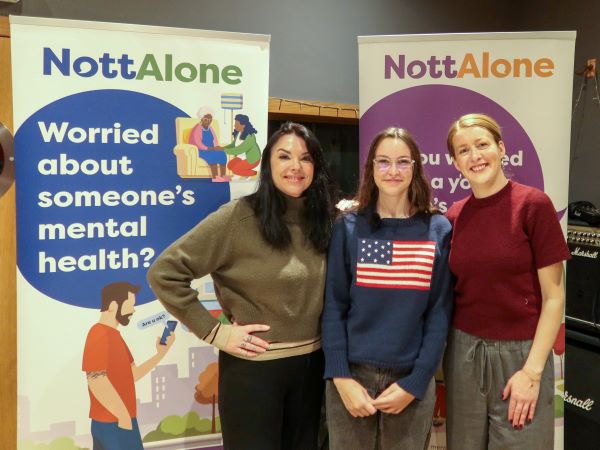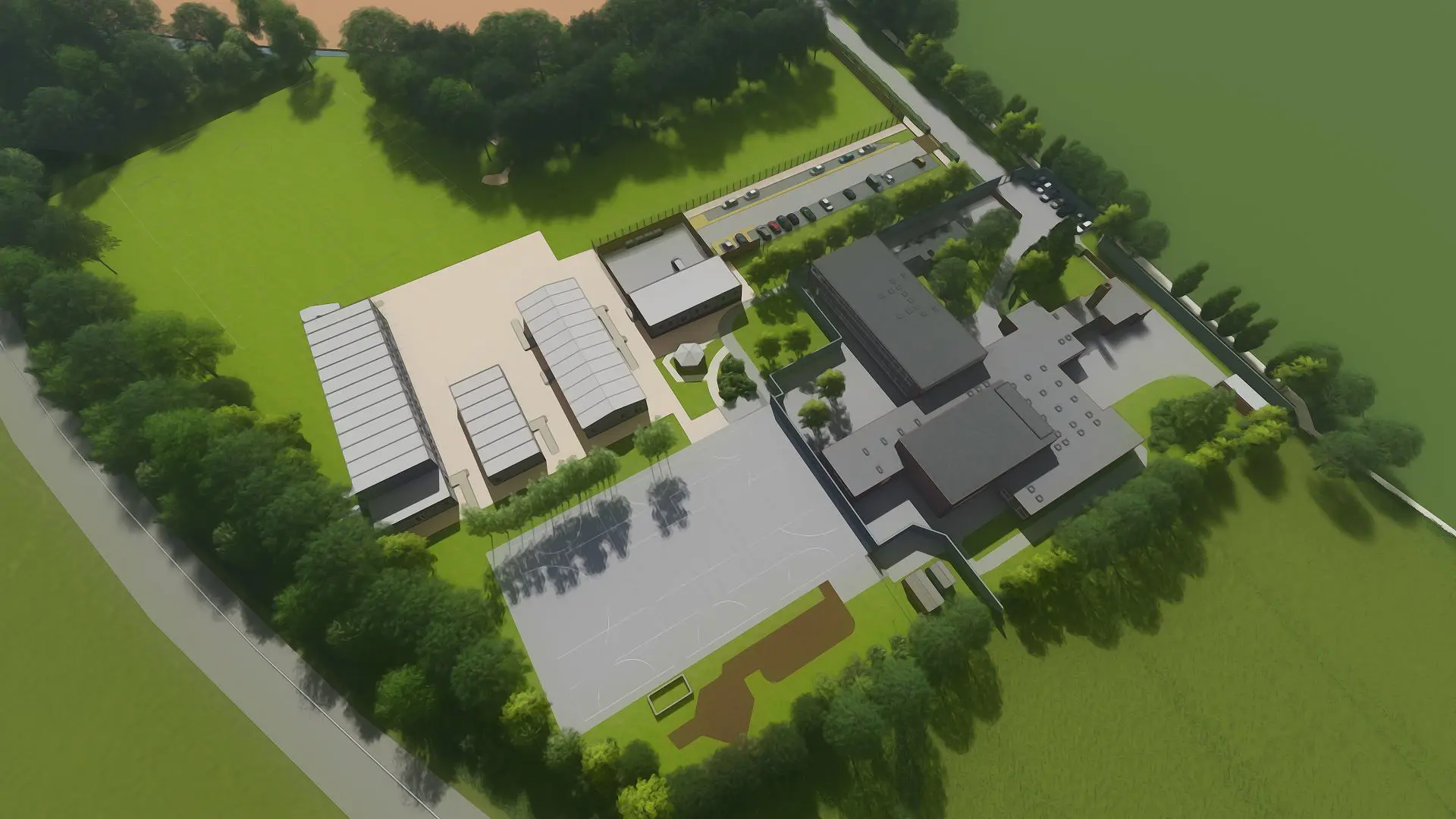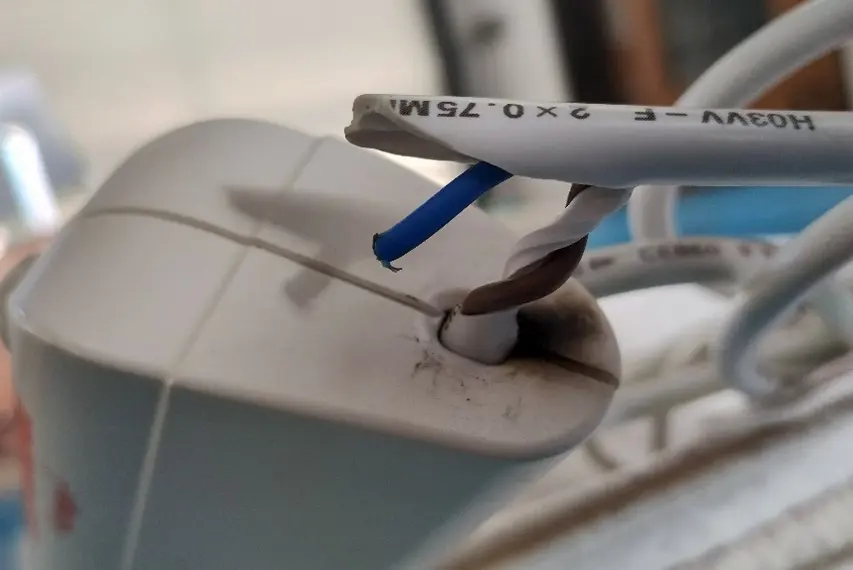Active Travel Fund Tranche 3 Consultation Plan
1. Introduction
The County Council recognises that local people should be involved in decisions about public services and policies that affect their lives. The Active Travel Fund (ATF) Consultation Plan set out below is complementary to the County Council’s public engagement policy and details how the County Council proposes to:
- keep people well‐informed about the Active Travel Fund programme, as well as the reasoning behind the overall programme and the individual schemes contained within it
- engage people in discussions and decisions about the overall programme and individual schemes to deliver schemes that are supported by the local community
- listen and respond to people’s views and concerns through consultation.
As part of the Bid conditions for the Active Travel Fund Tranche 3, the Council had to commit to consultation on all the bid proposals (as it has done on the previous tranches of the ATF); and to ensuring that sufficient time is given to the scheme’s bedding in period, to help enable the scheme benefits to be realised before any changes are made to them. The Leader of the Council provided a letter of commitment to this effect which accompanied the Bid submission. At the 1 September 2021 Transport and Environment Committee approval for the Active Travel Fund (ATF) Tranche 3 bid and its delivery was granted.
The scheme will be subject to the necessary detailed investigation, design and safety audit processes. Formal consultation and equality impact assessments will be undertaken as part of this process to inform scheme development and design.
2. Active Travel Fund Tranche 3 programme delivery schedule
The proposed consultation forms an integral part of the delivery of the ATF Tranche 3 programme. The consultation will be undertaken on each of the schemes in order to determine support for the overall programme, its individual elements, and to help shape the schemes that make up the programme. As part of the Tranche 3 programme, NCC have signed a commitment to working with Active Travel England (ATE), an executive body of the DfT set up to help support councils in the delivery of their walking and cycling provision. Therefore, throughout the programme, NCC will have regular contact wite ATE.
The table below sets out the current ATF Tranche 3 programme delivery schedule.
| Action | Date |
| 1 – Approval of Tranche 3 schemes for which funding has been received, to progress their delivery, which includes consultation. | September 2021 |
| 2 – Consultation with affected County Council members on proposed design(s) – seek approval to consult on the scheme(s) | September/October 2022 |
| 3 – Public and stakeholder consultation will take place on each scheme individually. | November/December 2022 |
| 4 – Consultation analysis | December 2022 |
| 5 – Review of consultation and feedback | December 2022 |
| 6 – Cabinet Member approval to proceed to final design for construction | To be determined (TBD) |
| 7 – Scheme delivery/construction | TBD on a scheme-by-scheme basis to meet scheduled construction start date |
| 8 – Scheme evaluation | Summer 2025 |
3. Proposed public and stakeholder consultation (action 3 in the delivery schedule)
Prior to the consultation, each scheme will be assessed to determine those people likely to be impacted by the proposals; and this will inform how the planned consultation will be effectively promoted and relayed to the public and stakeholders. A list of consultees already identified for inclusion in any consultation is provided as appendix A.
Consultation on each of the individual schemes within the ATF Tranche 3 programme will be undertaken to determine if there is general support for the proposed measures and to gather initial comments (both positive and negative) on the scheme proposals to help inform the detailed scheme design. (NOTE: the public and stakeholder consultations as set out below in 3.1 and 3.2 will take place concurrently).
3.1 Consultation with adjacent frontages (businesses/residents)
A consultation letter which includes the scheme description, as well as, copy of the draft scheme proposals will be sent to all affected frontages (residents and businesses). A period of two weeks will be given for consultees to submit comments on the proposals. Copies of these documents will also be published on the County Council’s website.
3.2 Consultation with residents, stakeholders and the wider public
Consultation with stakeholders and the wider public will include the following:
- Mail drop – a postcard illustrating the scheme location with text referring the scheme proposals and contact information, including link to consultation website, will be distributed to local residents and the surrounding catchment area.
- Public notice – A public notice, which details the proposals, will be displayed on site. A copy of the notice will also be published on the County Council’s website as part of the consultation documents.
- Consultation letter – A consultation letter which includes scheme description, and a copy of the draft scheme proposals (scheme plan) will be sent to consultees listed in appendix A. Copies of these documents will also be published on the County Council’s website.
- Online consultation – the scheme proposals (as well as the public notice and consultation letter) will be published on the Council’s online consultation system.
A period of two weeks will be given for consultees to submit comments on the proposals and further information, such as that contained within the consultation letter to stakeholders will provided upon request.
Whilst the County Council encourages consultation responses to be made via our online consultation system, comments submitted by email or letter are also accepted subject to a name and email or address being provided. Respondents who are unable to make comments online, by email, or by letter are able to make comments by phone through the Council’s Contact Centre.
4. Consultation analysis (action 4 and 5 in the delivery schedule)
All comments (positive and negative) and objections to the proposals received during the consultation period will be presented in a simple technical note which will include analysis of the demographic of the respondents and how this compares to the overall population of the consultation area and highlight any issues identified from the consultation which the designer will look to consider/address as part of the design process.
Officers will review the information provided above, if the Council require any additional analysis then they will provide a more detailed specific request on the information for which they require further analysis. A final technical note will then be produced and submitted to County Council senior management for consideration and a briefing note prepared to provide update to the Transport and Environment Cabinet Member.
The council will use the consultation information and comments to:
- Inform the design of each of the schemes. Where objections to a scheme are received, we will attempt to mitigate the objection if possible; and where appropriate these will be discussed with the affected County Council member.
- Where it cannot be shown that a proposed scheme has overall public support further discussion will be undertaken with Active Travel England and the Transport and Environment Cabinet Member to determine if the scheme is taken forward.
- In response to the consultation we may decide to re‐consult on a revised scheme, cancel the scheme or reduce it in scope.
- Provide the consultation response information to publish on the County Council website.
5. Continuation of scheme delivery
During and after the consultation described above, further design work will be undertaken which will include consideration of:
- Initial County Council member, public and stakeholder feedback
- Equality Impact Assessments of each individual scheme design
- Required monitoring/review of each individual scheme
- Safety audit of each individual scheme design
- Local County Council member views on detailed design.
6. Member/Cabinet approval for scheme delivery/construction (action 6 in the delivery schedule)
Following the consultation and further design work undertaken. A report will be taken to the Transport and Environment Cabinet Member for the scheme to be considered for construction. The report and the decision taken will be publicly available on the County Council’s website. If approved, the scheme will then go forward for delivery.
7. Scheme delivery/construction (action 7 in the delivery schedule)
If a scheme requires a Traffic Regulation Order (TRO) in order to construct any element of it, it will then be subject to statutory consultation. This will be undertaken as part of the scheme delivery process. All comments to the individual scheme proposals received during the statutory consultation period will be considered. If it is not practical, appropriate, or possible to revise the scheme the objections will be reported in line with Nottinghamshire County Council’s formal procedures. If a decision is required to be made that will affect the delivery of the scheme, the results of the consultation will be presented to Transport and Environment Cabinet Member.
8. Post scheme delivery evaluation (action 8 in the delivery schedule)
The County Council will work with ATE to undertake effective scheme evaluation to assess the effectiveness of schemes. DfT has stated that it will circulate updated monitoring guidance to support these requirements, with suggested templates for reports, and this Plan will be reviewed in light of the guidance when received.
It is, however, anticipated that the reports will include the results of local resident and stakeholders’ surveys that test the effectiveness of schemes post implementation.
Appendix A
List of consultees
To include but not restricted to:
- Affected County Council elected members
- Impacted local residents (including residents/tenants associations)
- Impacted local businesses
- Emergency Services
- Nottinghamshire Police
- Nottinghamshire Fire & Rescue Service
- East Midlands Ambulance Service
- Local disability groups/representatives
- Local MPs
- District Councils
- Parish and Town Councils
- Key local stakeholders
- Cycling Groups Representatives
- Public transport operators
- Royal Mail
- Local schools that would be served by the proposals
- Freight transport organisations
- Organisations representing trade and commerce
- Community groups
- Statutory Utility Companies
- Impacted County Council service areas








